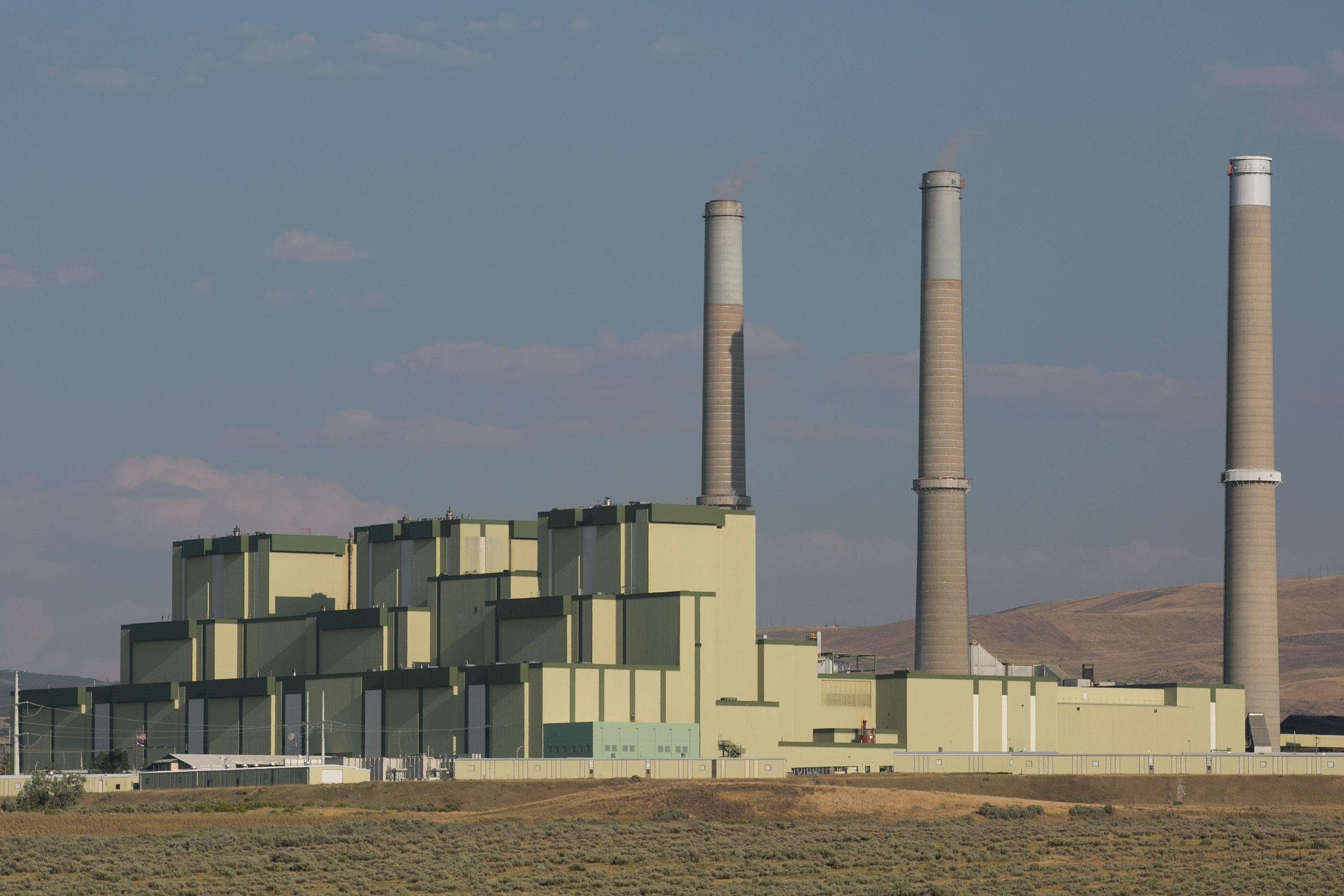
Colorado air regulators won’t accelerate the closure of coal power plants after all.
On Wednesday, the Colorado Air Quality Control Commission voted to reverse an earlier plan to close three coal units by 2029, a year ahead of voluntary plans from power companies. The about-face followed objections from utilities and the Colorado Energy Office, which is coordinating Gov. Jared Polis’ efforts to reduce greenhouse gas emissions.
The move came as an immediate disappointment to environmental groups. Matt Gerhart, an attorney for the Sierra Club, said the decision shows state leaders are too hesitant to move on from coal power.
“It's the wrong decision for Colorado. It means more air pollution, more asthma cases and more climate change,” Gerhart said.
Last month, the AQCC approved a preliminary version of a plan for the federal Environmental Protection Agency’s Regional Haze Program, which it must submit next year. The program sets air quality and visibility standards in national parks and wilderness areas.
Colorado officials see the program as a crucial part of efforts to combat climate change. While many utilities have released voluntary plans to close coal-fired power plants over the next decade, those commitments aren’t backed up by law. To meet Colorado’s emission reduction goals, Polis has called on air regulators to include the dates in the Regional Haze State Implementation Plan in a recent policy roadmap.
The only problem? Colorado air regulators went one step further.
Rather than pass the retirement schedule proposed by utilities, the commissioners adopted an alternative plan from a coalition of environmental groups. It accelerated the closure dates for three coal power units to the end of 2028, a year earlier than utilities had planned. Those units are:
- Craig Unit 3 owned by Tri-State Generation and Transmission
- Nixon Unit 1 owned by Colorado Springs Utilities
- Rawhide Unit 1 owned by Platte River Power Authority
The plan also called on the Colorado Air Quality Control Division to propose 2028 retirement dates for Hayden Units 1 and 2, which are owned and operated by Xcel Energy. The investor-owned utility, Colorado's largest, plans to close the units in 2030 and 2036, respectively.
Environmental groups celebrated the passage and expected a final vote earlier this week.
Instead, utilities filed a motion to reopen the matter, claiming the AQCC exceeded its legal authority by setting new retirement dates without any agreement from the companies.
Will Toor, the head of the Colorado Energy Office, submitted a separate comment largely backing up the utilities. His letter argued Colorado’s Public Utility Commission would be a better venue to negotiate closure dates since it can assure reliable power and protect costs for ratepayers.
Toor added Xcel Energy, Colorado’s largest power provider, must submit a plan to the PUC next March to reduce emissions by 80 percent by 2030, compared to 2005 emissions levels. A spokesperson with the utility confirmed it’s planning on the submission.
Toor expects the plan will likely include the early retirements of a number of coal plants, including Hayden 1 and 2.
“The air commission just isn’t equipped to do that kind of granular resource planning,” Toor said in a phone interview.
But Gerhart, the Sierra Club lawyer, said those objections fail to understand the public urgent health threat presented by coal power plants. Studies have shown emissions from coal-fired power plants can lead to premature deaths, often from heart attacks and lung cancer.
“When people are literally dying from power plant air pollution, I don’t think that’s a time to stand on procedure,” Gerhart said.









